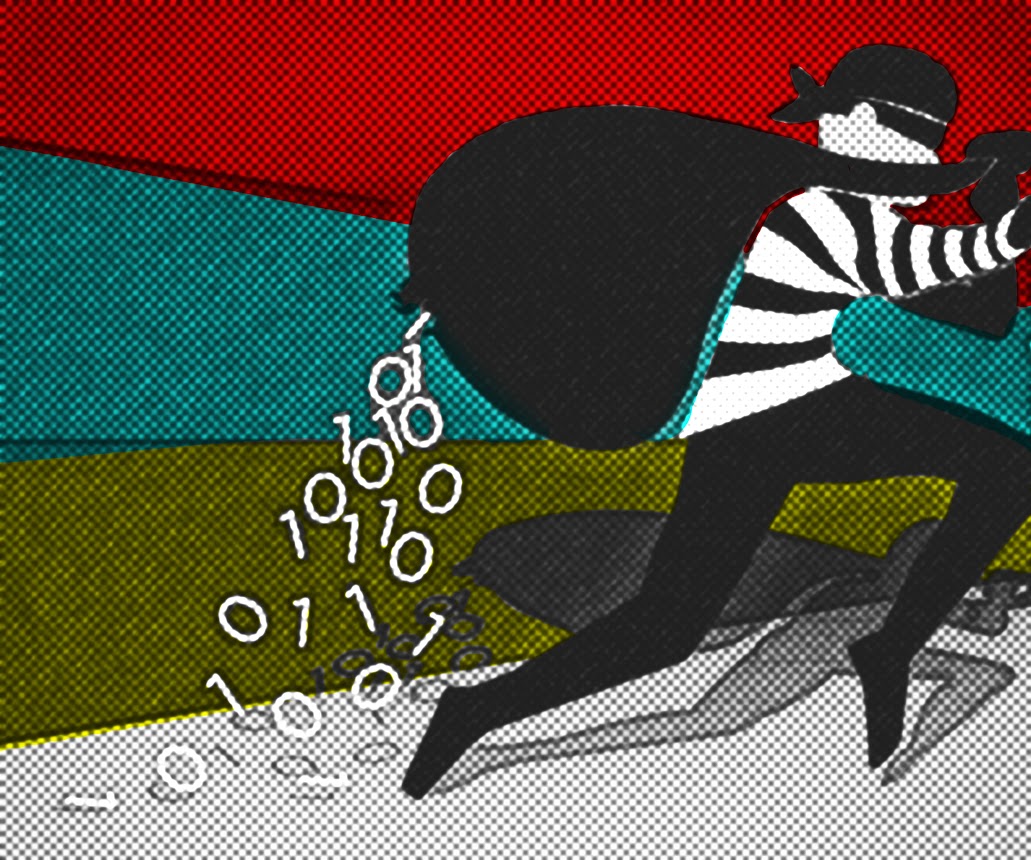By Sergei Mizerkin, US scientists claim that ‘hacking’ a human brain and then controlling a person is a matter of time. According to the scientists, synthetic biology, which is a new branch of gene engineering, may help create special microorganisms capable of intruding the brain – a process that can be likened to malware hacking a computer. US scientists claim that ‘hacking’ a human brain and then controlling a person is a matter of time. According to the scientists, synthetic biology, which is a new branch of gene engineering, may help create special microorganisms capable of intruding the brain – a process that can be likened to malware hacking a computer. With US pundits already drawing parallels between cyber and bio crime, Russian scientists are warning against jumping to conclusions. Alexander Kaplan, of Moscow State University’s biology department, says that drawing parallels between a computer and a human brain is irrelevant if only because the brain is much more sophisticated than any computer system. In this regard, the US scientists’ allegations are yet to be confirmed by practical experiments, Kaplan says, adding that implanting bio viruses in a human brain will certainly be a tricky task. "The mystery surrounding the human brain is yet to be unravelled, Kaplan says. It is still unclear whether we will ever be able to obtain information from the brain by implanting bio viruses there. There are at least 100 billion neurons inside the brain and duly implanting a bio virus there will be a hard nut to crack, Kaplan says. I think, he adds, that this task will be very unlikely to be implemented in the foreseeable future. I would even say that hacking a human brain with the help of a bio virus is an unreal task." Generally speaking, it is extremely hard to create an artificial gene, Kaplan says. "After the emergence of living cells on Earth, it took nature about one billion years to create worms which can be called the first intelligent creatures – an evolution that we should bear in mind when speaking of a possibility of hacking a human brain." Hypothetically, this task can be fulfilled, believes Vladimir Korovin, head of the Agency for High Information Technologies in Moscow. Suffice it to mention that the past few years have seen scientists successfully deal with creating artificial organs, which mean that hacking a human brain may also become a reality, he says. In any case, this is unlikely to be fulfilled in the immediate future.Meanwhile, a first bacterium with an artificial gene has been created as biologists continue to experiment with the creation of microorganisms that could generate medicines, food, plastics and electricity. Source:
Voice of Russia.



